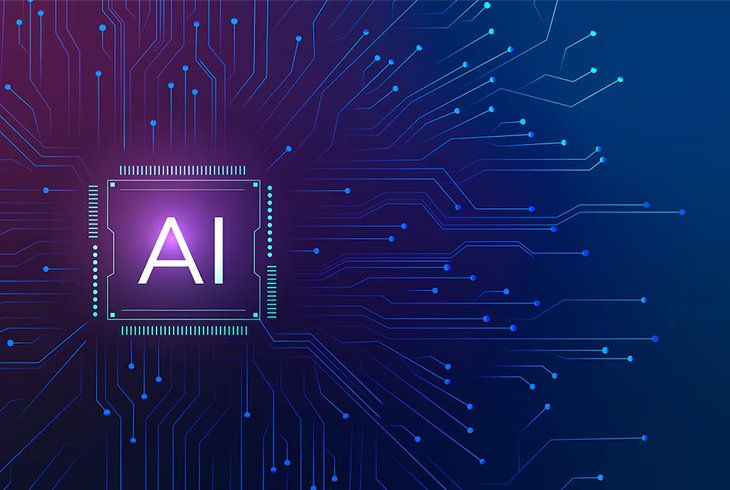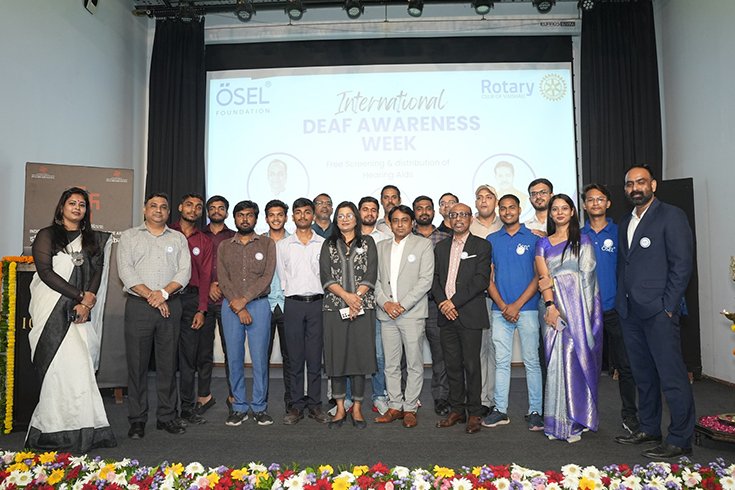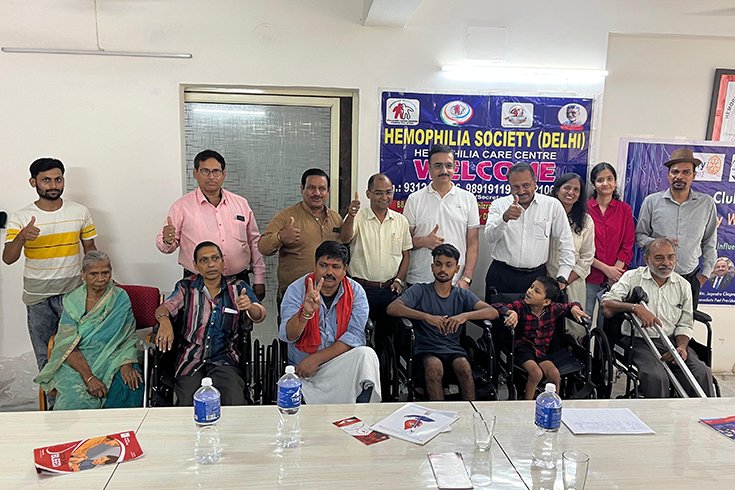The International Conference on EV Industries, MSME Challenges, and Government Initiatives, held as part of RideAsia EV 2025, brought together global leaders, policymakers, industry experts, and innovators to shape the future of electric mobility in India and beyond. Akhilesh Srivastava, President of the International Road Federation (IRF) India Chapter, chaired the high-level session, driving critical discussions on sustainable growth, infrastructure readiness, and inclusive policies for India’s EV revolution.
Key Themes Explored: The Road Ahead for India’s EV Ecosystem
1. Integrating MSMEs into the EV Supply Chain
A major focus of the conference was the role of Micro, Small, and Medium Enterprises (MSMEs) in building a self-reliant EV ecosystem. Despite contributing significantly to manufacturing, MSMEs face challenges such as:
- Limited access to advanced technology & capital
- High compliance costs and complex regulations
- Competition from global players
Srivastava emphasized the need for policy interventions, skill development, and financial incentives to help MSMEs transition into EV component manufacturing, battery recycling, and charging infrastructure.
2. Infrastructure: The Backbone of EV Adoption
The conference addressed critical infrastructure gaps, including:
- Charging network expansion – How can India balance fast-charging highways with last-mile solutions?
- Battery swapping vs. fixed charging – Which model suits India’s diverse mobility needs?
- Renewable energy integration – Ensuring EVs run on clean power, not just grid electricity.
Srivastava highlighted public-private partnerships (PPPs) as a key driver for scalable and sustainable infrastructure development.
3. Government Initiatives: Policy as a Catalyst
India’s FAME-II, PLI Scheme for Advanced Chemistry Cells (ACC), and state-level EV policies were discussed in depth. The session evaluated:
- Are subsidies enough, or do we need stronger regulatory frameworks?
- How can India reduce dependency on imports for critical minerals?
- What role can state governments play in accelerating EV adoption?
Srivastava called for a unified national strategy that aligns manufacturing incentives, R&D investments, and consumer awareness campaigns.
Srivastava’s Vision: “Drive of the Future”
- In his keynote address, Akhilesh Srivastava outlined a future where clean mobility is not a privilege but a fundamental right. His vision includes:
- Affordable EVs for mass adoption – Leveraging economies of scale and local manufacturing.
- Smart, AI-driven infrastructure – Intelligent traffic management and energy-efficient charging.
- Circular economy in battery tech – Promoting recycling and second-life applications for EV batteries.
Conclusion: Collaboration is Key
The conference reinforced that India’s EV success depends on collaboration – between OEMs, startups, policymakers, and financiers. Srivastava’s leadership at RideAsia EV 2025 set the stage for actionable strategies that balance growth, sustainability, and inclusivity.
As India races toward its Net Zero targets, forums like these ensure that the transition to electric mobility is not just rapid, but also equitable and future-ready.
About Akhilesh Srivastava:
Akhilesh Srivastava is a thought leader in mobility and infrastructure, currently serving as President of IRF India Chapter and a key contributor to India’s road transport and EV policies.
About RideAsia EV 2025:
A premier global summit on electric vehicles, clean energy, and sustainable transportation solutions, bringing together stakeholders to accelerate the EV revolution in Asia.












